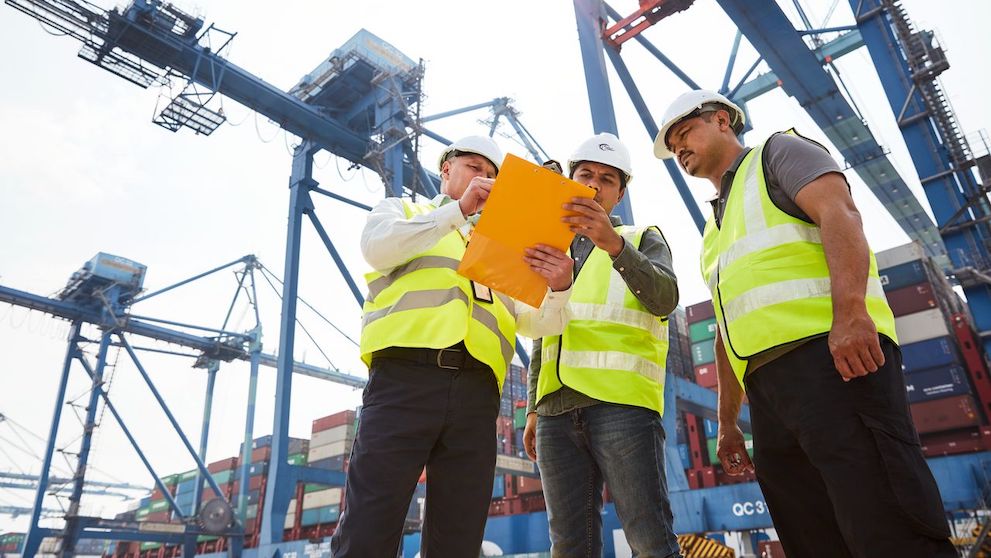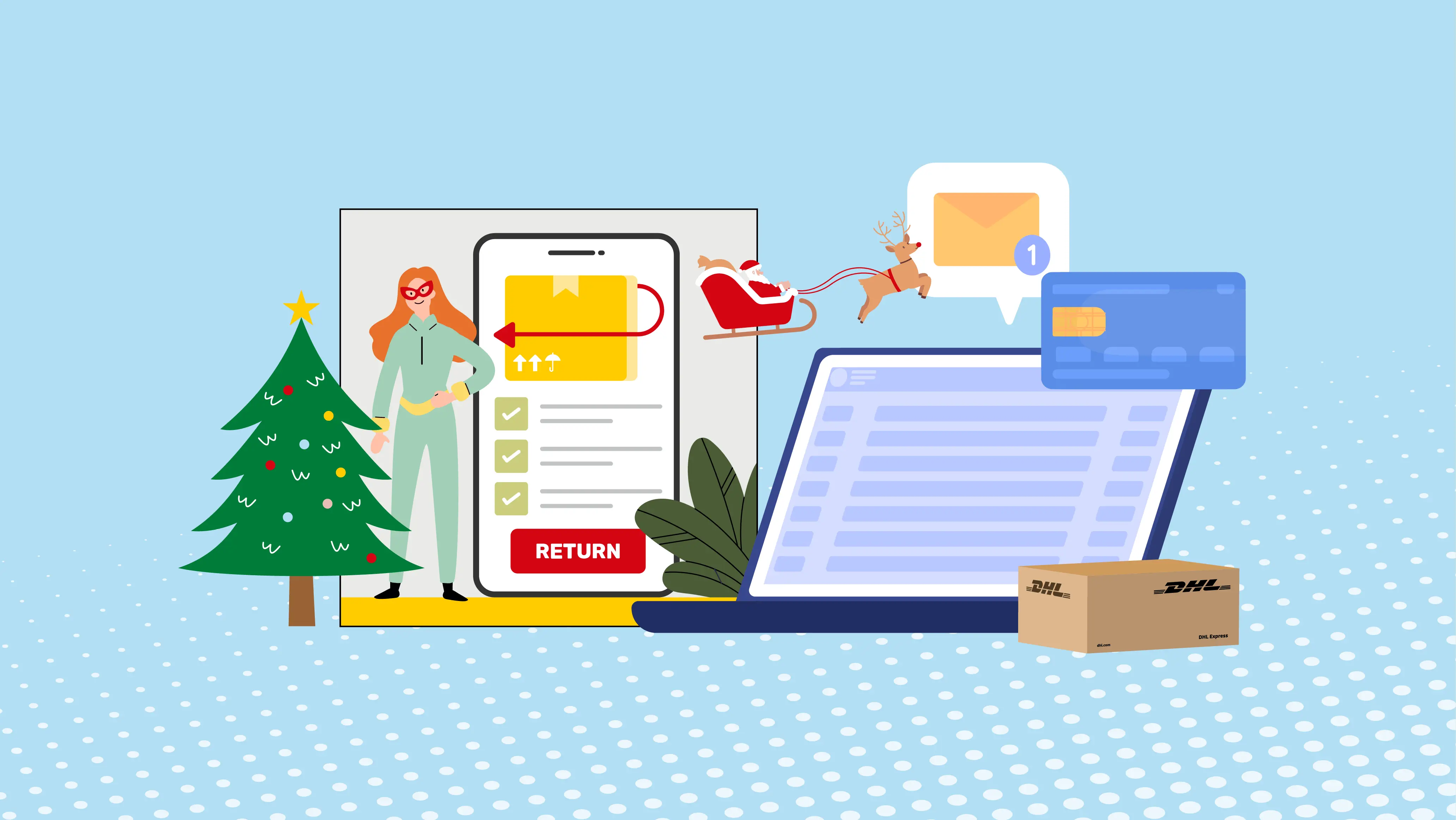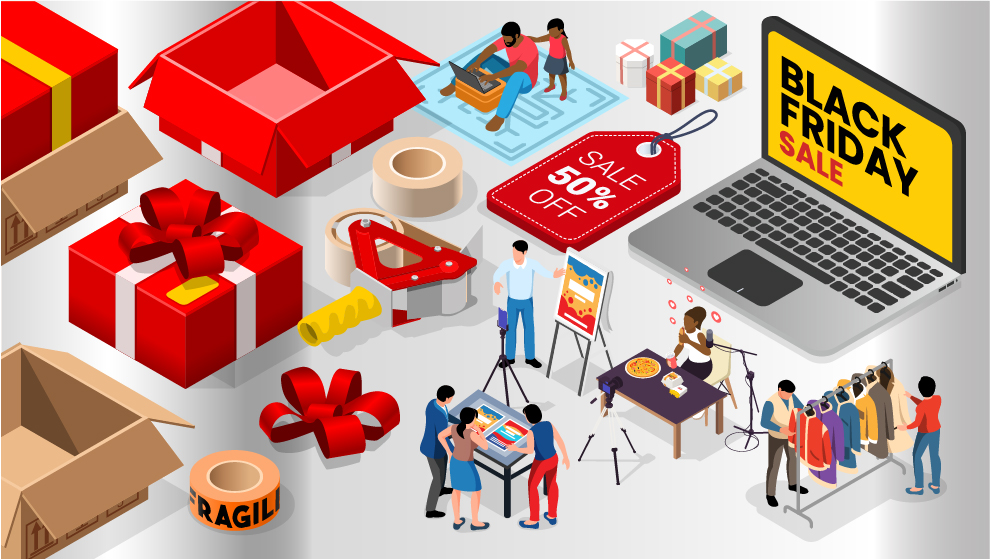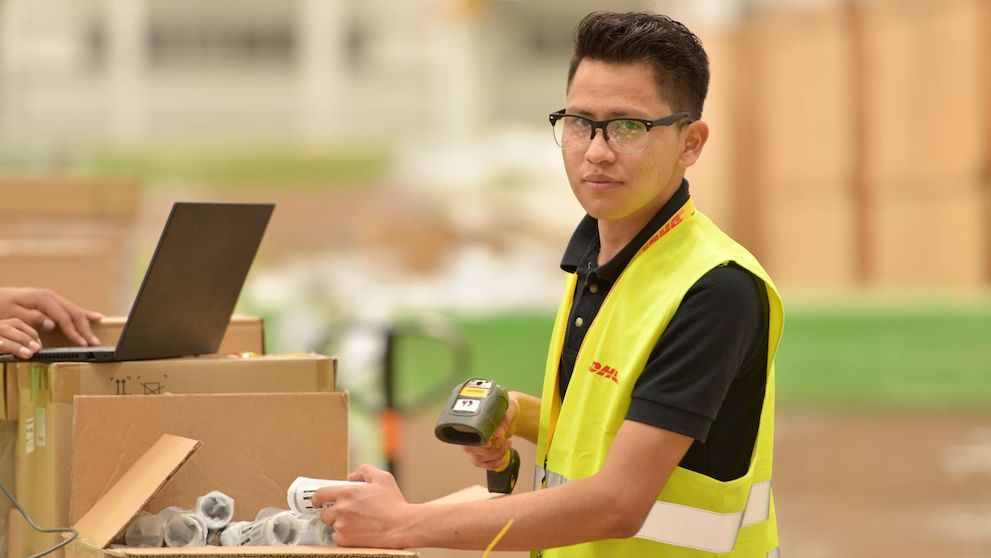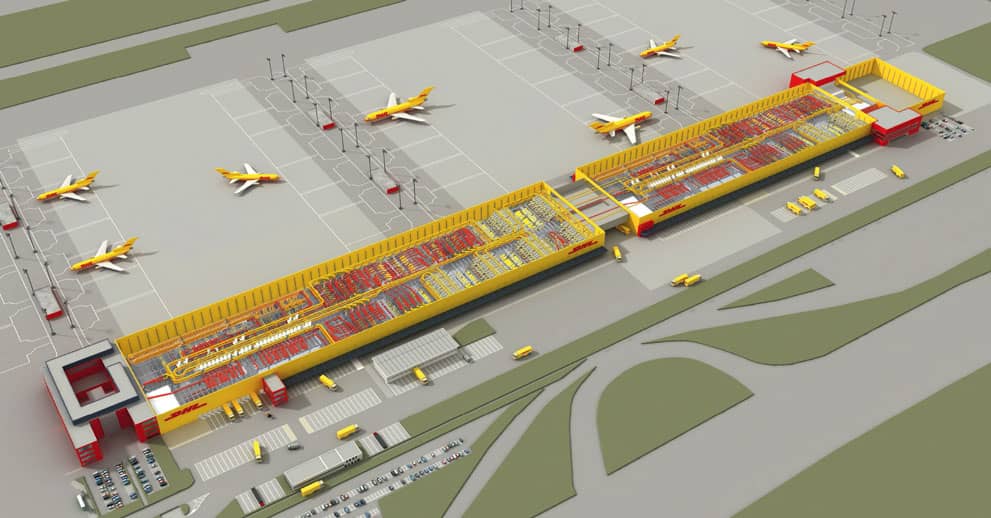When the COVID-19 pandemic hit in 2020, nobody anticipated its devastation and destruction. The pandemic impacted all walks of life, with the world seemingly standing still overnight. The logistics industry was no exception. We saw unprecedented logistics challenges, which snowballed into many more for almost all industries worldwide.
Institute of Supply Management (ISM) noted that 75% of companies reported disruptions in supply chain while 62% experienced delays in goods delivery. Since the logistics sector serves as the backbone for all industries, naturally, it had to redesign supply chains and pivot processes to rise up to all the challenges, including those that laid ahead.
Stepping into the post-pandemic world means global supply chain companies must employ optimised processes so that they remain operable in the face of the unexpected. What does that look like?
What did global supply chains learn during the pandemic?
The COVID-19 pandemic identified weaknesses and vulnerabilities in the logistic industry which were not exposed before. As the industry struggled with supply chain disruptions and shortages, opportunities arose to optimise its supply chain and improve efficiency. The post-pandemic recovery phase, in other words, emphasises the recalibration of logistics to create an efficient and proactive supply chain.
Naturally, this entails the creation of more streamlined and cost-effective processes that are based on risk management and contingency planning. For instance, problems such as shortages need to be mitigated with efficient inventory management to ensure there is supply whenever demand increases. Pre-determining peak and on-peak stock based on meaningful data is one way to achieve this. Contingency plans for labour shortages need to be chalked out so problems can be resolved immediately in the wake of any crisis. This, again, can be assessed through insights. More notably, the automation of tasks through technologies can further optimise processes and speed up delivery, even in the absence of adequate manpower.
With the lessons learnt, it comes as no surprise that many working towards and on the last mile have both established and leveraged on trends. We map them below:
Changing logistics and last mile delivery trends
1. Collaboration between private and public sectors to meet healthcare needs
With the virus wreaking havoc across the globe, the demand for medical equipment, medicines, and hygiene products continuously increased. Unfortunately, with the borders closed and a shortage of labour and raw materials, the healthcare industry struggled initially, making it very difficult to transport medical supplies across countries.
The logistics industry, however, responded well to the challenge. Governments worked with various third-party logistics companies to create efficient processes for the safe and timely transport of medical supplies. For instance, DHL Express assisted in the COVID-19 vaccine rollout with the support of over 9,000 Life Sciences and Healthcare specialists across its network. This was done through passenger flights that were open to transporting cargo, a quick but important fix that allowed many around the world to receive the healthcare supplies. Through a well-connected network between 220 countries and territories across the globe, we were able to break through the barriers and reach those in need.
2. Consumer expectations giving rise to new delivery models
The pandemic changed the way consumers shop. When confined to their homes, the customers had little option but to place orders online and get their orders delivered to their homes. Brick-and-mortar stores, therefore, had to pivot, shifting to e-commerce and joining an increasing competition in the digital world. The experiences of online shopping revealed new consumer behaviours and preferences, with convenience and value being one of them. This would mean, for instance, greater flexibility in choosing how to receive their parcels, such as within a certain number of days, on the same day or being able to pick them up at their own time.
For global supply chain companies, providing optimised services that address the changing needs of consumers is important. In particular, we will find more e-commerce businesses switching to reliable partners that are able to meet the new expectations of their customers.
3. The increasing emphasis of the “conscious shopper”
The COVID-19 pandemic also drove greater dialogue around sustainability, such as how carbon emissions impacted the environment and the need for businesses to adopt greener practices. In fact, an Accenture study revealed that 60% of consumers had begun making more environmentally friendly and ethical shopping decisions since the onset of the pandemic.
Referred to as the “conscious shopper”, this new generation of consumers will drive a seismic shift in the business world, pushing for corporations to emphasise and be transparent about their sustainability goals and results. Beyond frequent publishing of carbon footprints, refitting industrial buildings with more eco-friendly infrastructure and switching to sustainable materials, businesses will also need to pay attention to the partnerships they make. A vendor with a high carbon footprint increases a business’ own, eventually preventing them from meeting sustainability goals.
As a third-party logistics provider, we understand how important it is to maintain green practices and provide our customers with the tools they need to remain sustainable on the last mile. Through green logistics comprising electric delivery vehicles and biofuels for aviation, for instance, we work towards achieving zero emissions logistics by 2050.
Being at the forefront of the post-pandemic trends means you can rest assured that you’re partnering with a reliable courier provider that’ll support you through the challenges of today and tomorrow. Why not sign up for a business account with us and learn how you can benefit when you choose DHL Express.
